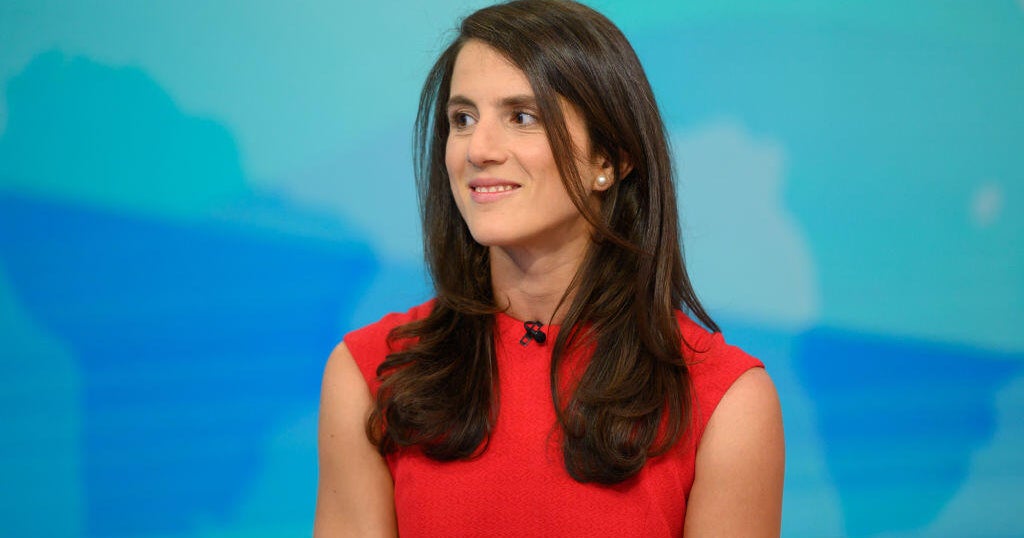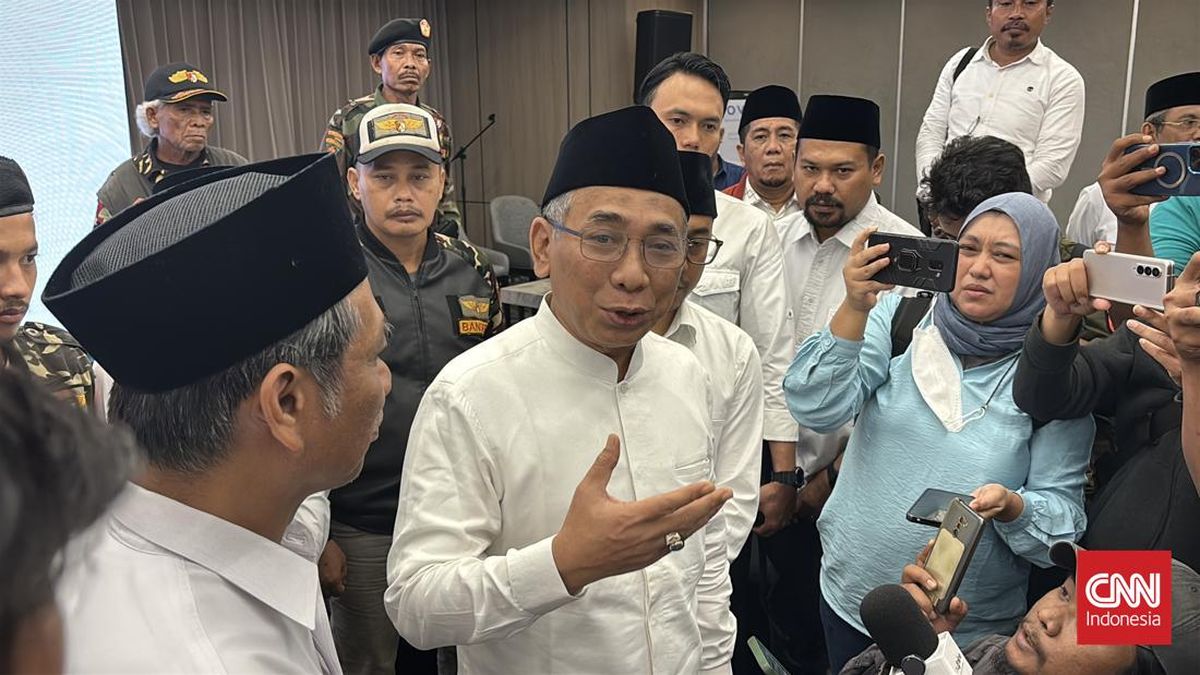The recognition train has left the station. Will Albanese jump aboard?
Anthony Albanese’s cautious instincts on recognising a Palestinian state are colliding with an international freight train hurtling towards a series of historic declarations at the United Nations General Assembly in September.
French President Emmanuel Macron set the train running with his announcement last week that France would recognise a Palestinian state at the major global meeting.

Canadian Prime Minister Mark Carney has taken a different tack to recognition for Palestine to Prime Minister Anthony Albanese.Credit: Alex Ellinghausen
British President Keir Starmer followed by saying he would do the same, unless there is a ceasefire in Gaza and Israel commits to work towards a two-state solution.
Then, on Thursday, Canadian Prime Minister Mark Carney announced he would recognise Palestine – as long as the Palestinian Authority that governs the West Bank, but not Gaza, commits to reform and holding elections.
These rapid-fire moves from like-minded democracies will spark increased calls for Albanese to do the same, despite his obvious doubts about the timing and a pile of questions remaining about where the recognition push is ultimately headed.
“You need to recognise a Palestinian state as part of moving forward,” Albanese told the ABC’s Insiders on Sunday.

Prime Minister Anthony Albanese says he won’t be rushed on recognition of a Palestinian state. But can he resist global momentum?Credit: Alex Ellinghausen
“How do you exclude Hamas [which is in power in Gaza] from any involvement there? How do you ensure that a Palestinian state operates in an appropriate way, which does not threaten the existence of Israel? And so we won’t do any decision as a gesture. We will do it as a way forward if the circumstances are met.”
Albanese’s remarks were widely interpreted as ruling out recognising Palestine in September, but they contained more flexibility than first appeared.
He continued to hold the line after Starmer’s announcement, telling reporters that “we’re looking at the circumstances where recognition will advance the objective of the creation of two states”.
“Not making a statement, not winning a political point, but achieving that. That’s very much my focus,” he said.
Loading
Albanese is right be wary about playing the recognition card, knowing that once you’ve done so you can’t use it again. Most of the world’s countries have already recognised Palestine to no practical effect. Instead, the peace process has stalled and life for Palestinians has only worsened – most tragically with the death and devastation in Gaza.
One Labor MP, who is immersed in foreign affairs, said the debate about Australia recognising Palestine would do nothing to help people on the ground.
“It’s f---ing meaningless,” the MP said. “I want us to actually do something to help create a Palestinian state.”
Reflecting the complexity of the issue, the nation’s peak Palestinian lobby group, the Australia Palestine Advocacy Network, regards the recognition debate as a sideshow and is not energetically calling for the government to take action. The group’s president, Nasser Mashni, argues the “two-state solution is absolutely dead” and that establishing an independent Palestinian state alongside Israel would be akin to partitioning South Africa as a way to end apartheid in the 1990s. Mashni wants one unified state with equal rights for Palestinians and Israelis.
As for the Labor caucus, there is overwhelming support for the speedy recognition of Palestine, but the discussion is playing out almost entirely behind the scenes. Liberated by the loss of his frontbench position, Ed Husic is the only one of the party’s 123 MPs who feels able to speak freely on the issue. He has been loudly calling on Albanese to join Macron and Starmer by recognising Palestine. Labor’s first Palestinian-Australian MP, Basem Abdo, went no further in his first speech to parliament this week than saying: “The right to peace, justice and recognition matters – deserving of a historic commitment.”
Loading
Albanese is a triumphant figure within Labor after his huge election victory, meaning his MPs are extremely reluctant to challenge his authority and voice their views on contentious issues. The risk is a command-and-control culture takes hold in the party rather than a lively debate on the big issues of our time, like the Israel-Palestine conflict.
Macron’s bold recognition move has undoubtedly shaken up a stultified peace process, prodding Starmer and Carney to take action and eliciting an important call from Arab states for Hamas to demilitarise and leave Gaza. He has also extracted commitments from the sclerotic Palestinian Authority to implement reform and democratise.
However, rather than acting in a co-ordinated way, world leaders are pursuing different goals and offering different reasons for recognising Palestine. Starmer is using it as a cudgel to pressure Israel to wrap up the war in Gaza while Carney has stressed it as a tool to encourage the first Palestinian elections in two decades. How those elections would work when, according to many polls, Hamas remains the most popular political party among Palestinians remains one of many questions to be resolved.
Albanese’s desire to use recognition to make a practical difference sits alongside his acknowledgment that Australia is not a major player in the Middle East. How much of an impact would an Australian declaration on recognition have if it is disconnected from similar moves by France, the UK and Canada? The recognition train has left the station and is gathering steam, raising the pressure Albanese to hop aboard – ready or not.
Cut through the noise of federal politics with news, views and expert analysis. Subscribers can sign up to our weekly Inside Politics newsletter.
Most Viewed in Politics
Loading


















































